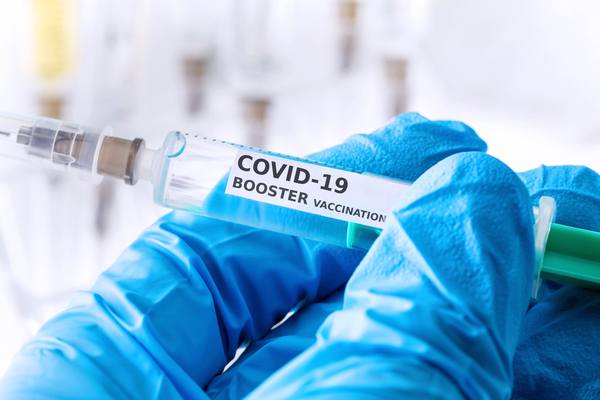A new COVID vaccine is due out in September, but health experts and analysts say it is likely to be coolly received due to COVID “fatigue,” even as hospitalizations from “Eris”, a variant of the Omicron form of the coronavirus, rise around the country.
Some public health experts hope that Americans will welcome the new shot as they would a flu jab. But demand for the vaccine has dropped sharply since 2021 when it first became available and more than 240 million people in the U.S., or 73% of the population, received at least one shot.
In the fall of 2022, by which time most people had either had the COVID virus or the vaccine, fewer than 50 million people got the shots, largely due to the way the life-saving vaccines had become politicized.
As Reuters reports, healthcare providers and pharmacies such as CVS Health will start next month to offer the shot, updated to fight the Omicron version of the virus that has been dominant since last year.
They will be fighting declining concern about the virus, as well as fatigue and skepticism about the merits of this vaccine, Kaiser Family Foundation Director of Survey Methodology Ashley Kirzinger said. “Public health officials, if they want to see a majority of adults get these annual vaccines, they’re going to have to make the case to the American public that COVID isn’t over and it still poses a risk to them,” Kirzinger said.
The top reason vaccinated people gave in KFF surveys earlier this year for eschewing annual shots was they believed they had protection from the virus because of previous shots or infections, she said.
Jefferies analyst Michael Yee said he does not expect the autumn campaign to reach last year’s. “Take a look at what happened last winter. It was 50 million in the US, and it seems likely to be lower than that, given that there’s less concern about COVID this year than last year,” Yee said.
As with the flu, Pfizer/BioNTech SE, Moderna and Novavax, have created versions of the COVID vaccine to try to match the variant they believe will be circulating this fall. The shots are aimed at XBB.1.5, a subvariant that is similar to EG.5 and also a sub-lineage of the still dominant Omicron variant.
COVID-19 related hospitalizations are up more than 40% off of recent lows hit in June, but are still more than 90% below peak levels hit during the January 2022 Omicron outbreak, according to CDC data.
Some doctors suggest that annual shots should be targeted at the elderly and other high risk people, who are most likely to have dire outcomes if they catch COVID-19. Dr. William Schaffner, an infectious diseases specialist at Vanderbilt University and a liaison to the CDC’s Advisory Committee on Immunization practices, said it is possible that the ACIP could make a weaker recommendation for younger, healthier people. That could also affect demand.
Dr. David Boulware, an infectious diseases specialist at the University of Minnesota, said that according to research he has published, people who are boosted have less severe symptoms for a shorter duration. “When you look at what you can do to reduce your duration of illness, even if you do get sick, being boosted is going to be the best way to do that,” he said.
—
Photo Credit: Tobias Arhelger / Shutterstock.com
